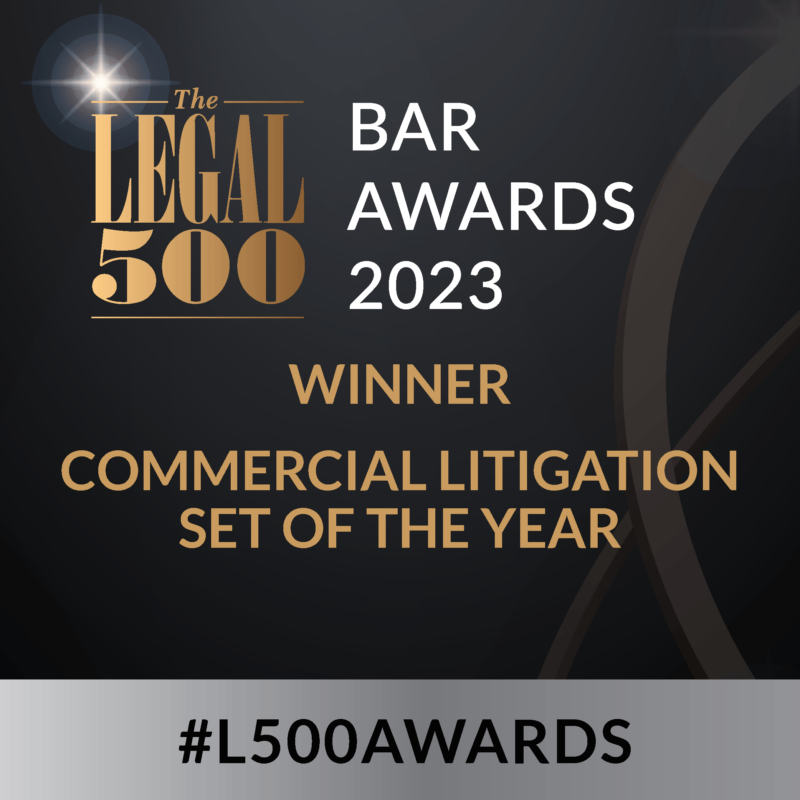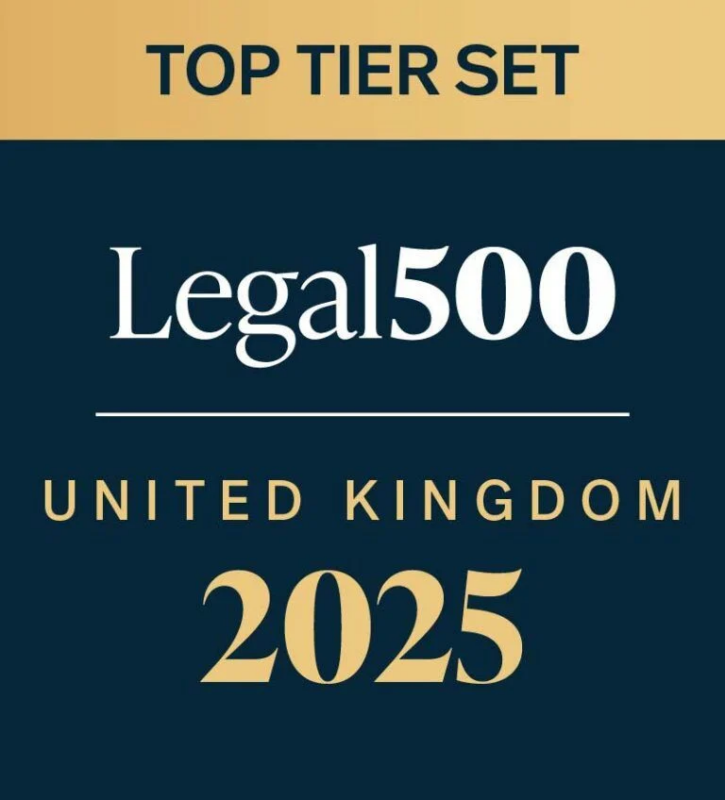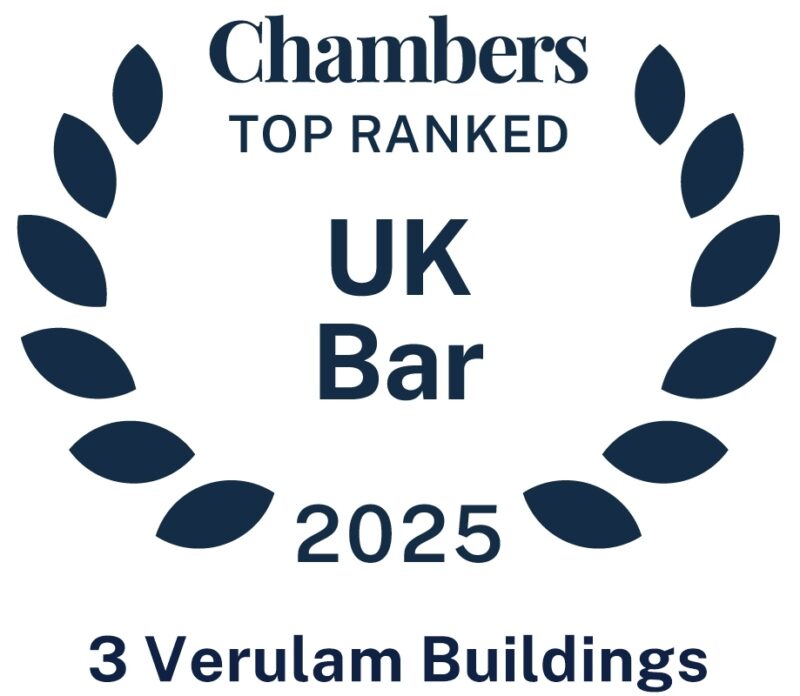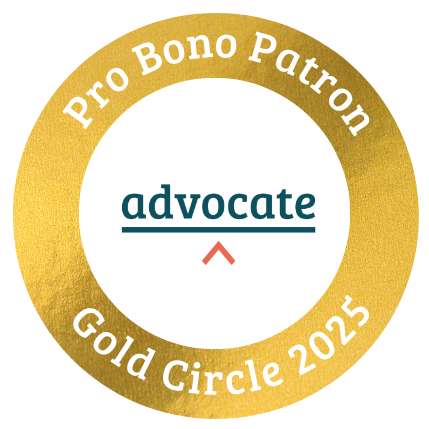Philip Hinks successful in highly publicised National Lottery dispute
Philip Hinks, instructed by Sophie Ashcroft at Browne Jacobson, has successfully represented the licensed operator of the National Lottery, Camelot, in a widely reported dispute with one of its customers.
The claimant, Ms Parker-Grennan, played an ‘Interactive Instant Win Game’ (IWG) on the National Lottery website. IWGs are games of chance whose outcome is predetermined by Camelot’s computer system at the point of purchase.
The predetermined outcome of the particular game that was played by the claimant was a prize win of £10. However, at the time the game was played, the game’s software was the subject of a coding error which affected the game’s animations. As a result of that error, the animations that were displayed on the claimant’s screen upon completion of the game led her to believe that she has won a prize of £1m.
After Camelot explained the coding error to the claimant and refused to pay her £1m, the claimant commenced proceedings against Camelot claiming to be entitled, as a matter of contract, to a sum of £1m. Further, the claimant applied for summary judgment on her claim.
In a judgment handed down on 4 April 2023, Mr Justice Jay dismissed the claimant’s application and found that her claim was unfounded. Contrary to her case, the various terms upon which Camelot relied were incorporated into its contract with the claimant. Those terms were neither onerous nor unusual, and they did not fall foul of the consumer protection provisions contained in the Unfair Terms in Consumer Contracts Regulations 1999. Applying those terms, the claimant was only entitled to payment of the prize that had been predetermined by Camelot’s computer system, namely £10.








